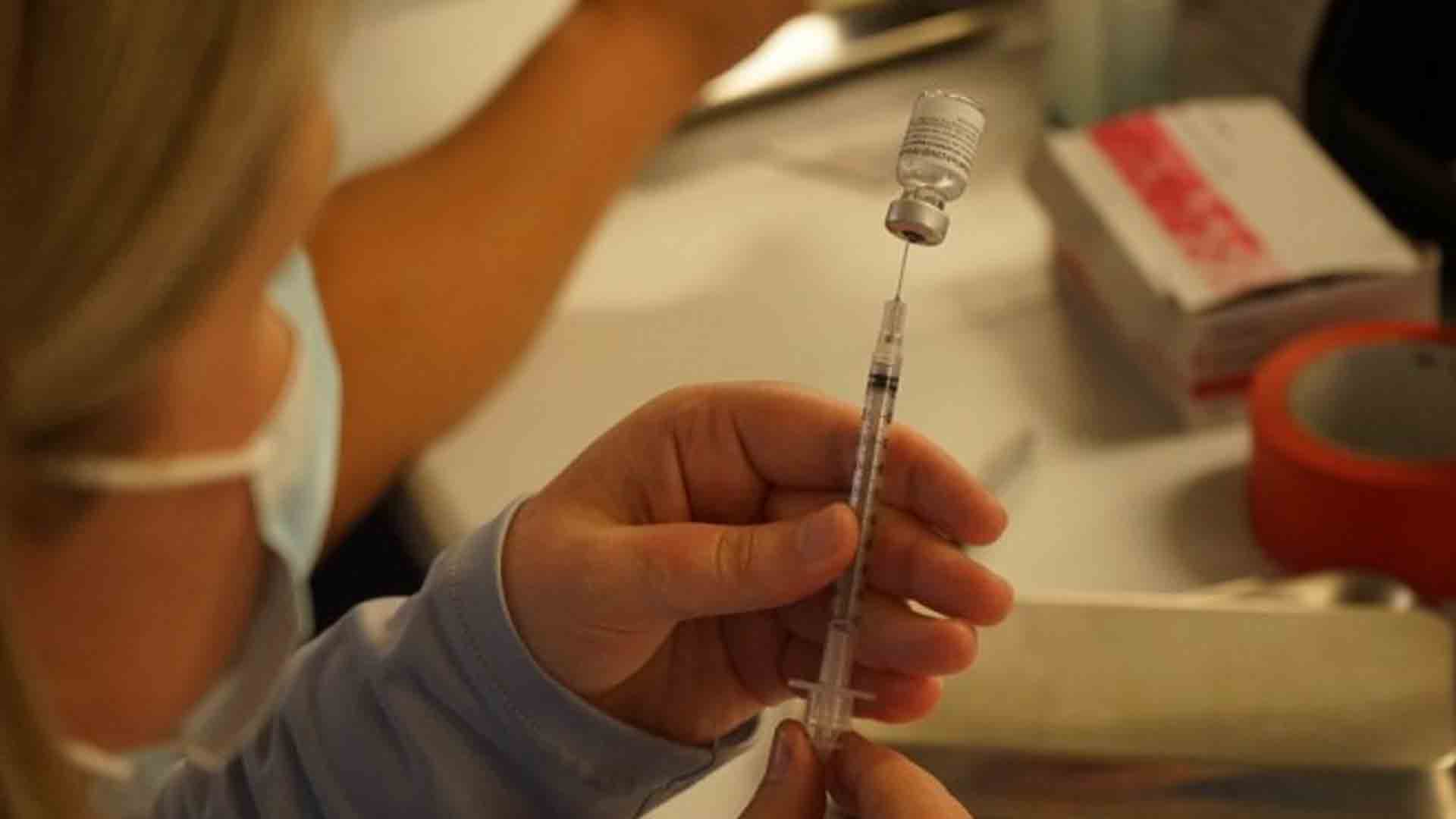A leader of the House of Representatives on Tuesday said local production of Covid-19 jabs and other vaccines for livestock is crucial not only to ensure a steady vaccine supply during a health crisis but also to ensure the country’s economic security.
Deputy Speaker Len Alonte urged the Fiscal Incentives Review Board, the Department of Trade and Industry, and the various investment promotion agencies to expedite the domestic vaccine manufacturing of Covid-19 jabs in the country.
“The incentives are already in place through the CREATE (Corporate Recovery and Tax Incentives for Enterprises) Act, other recently-enacted laws, and long-existing laws and regulations. Local production can be done through formal licensing to or joint venture with local manufacturers,” Alonte said.
Alonte said the Department of Foreign Affairs (DFA) and the ambassadors could also help secure vaccine licensing and joint venture production.
She said local production would most likely be through licensed manufacturing using the formula and processing methods, raw materials, and equipment, while longer term production would be through joint venture and by that time there would probably be new formulas for the Covid-19 variants.
As for the vaccines for livestock, she said these would include vaccines against African swine fever and other contagious diseases, so that the farm and livestock sectors would be protected from these diseases and future biosecurity threats.
She expressed gratitude to the countries which have been donating Covid-19 vaccines directly and through the COVAX facility for equitable distribution of the vaccines to countries having difficulty accessing supplies.
“The leading donor of COVAX vaccines reaching our country is the United States—our major source of the Moderna and Pfizer vaccines. Thank you. I also thank the European Union and its Member-States, the United Arab Emirates, Israel, Japan, and our other neighbors here in Southeast Asia and East Asia for their Covid-19 vaccine donations,” she said.
She also thanked the World Bank, the Asian Development Bank, Japan International Cooperation Agency, and the aid agencies from the European Union for their concessional loans and technical assistance that would fund the purchase and distribution of the vaccines and improve health system defense and testing capacities.
“All those vaccines save Filipino lives, lessen suffering, reopen Philippine businesses and the economy,” she said. (PNA)






















